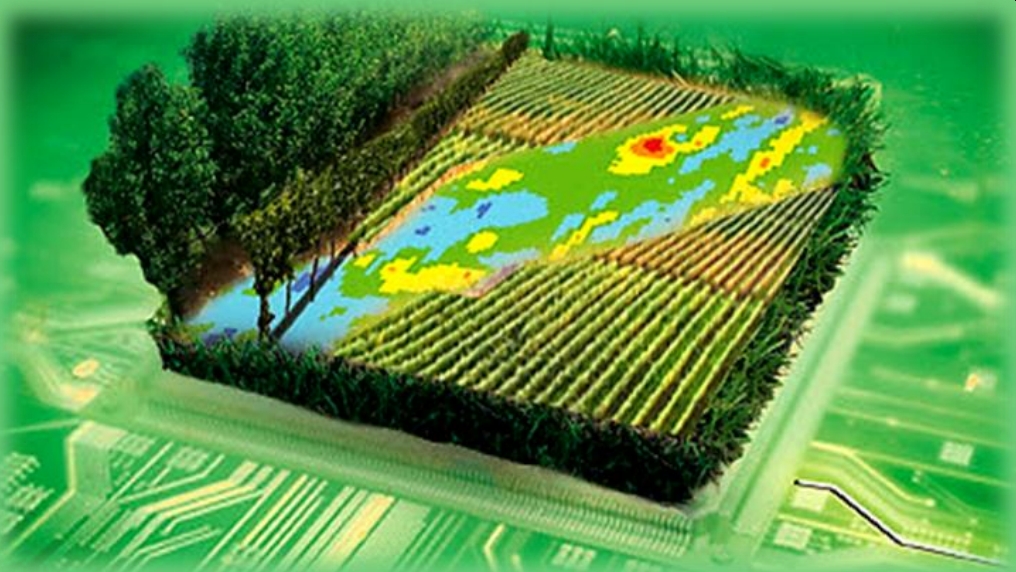
The aim of this course is to introduce students to the basic concepts of Earth Observation and Remote Sensing, including data acquisition systems and processing methodologies. The emphasis is put on mapping and monitoring applications on agricultural landscapes.
The main topics of knowledge to be covered by the course are five:
1) Remote Sensing (RS) with active & passive instrumentation
2) Earth observation (EO) data & acquisition systems
3) Multi-temporal data analysis & classification/mapping pipelines
4) EO & RS for vegetation mapping
5) EO & RS for agricultural monitoring
The course includes lectures, labworks, and seminar/projects The students will be monitored and their progress will be evaluated, while they will work on exercises. In regards to the practical implementation, projects and exercises, will focus on monitoring and mapping of agricultural landscapes.
- Teacher: ntua ntua

